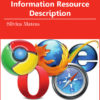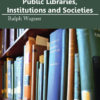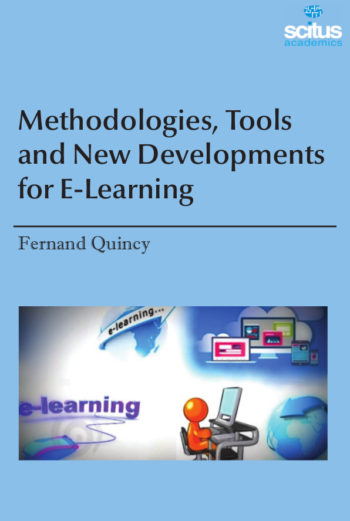Due to the changing nature of librarianship resulting from the increasing amount of information available in digital format, educating digital librarians has become an important agenda within library and information science schools. Collection, preservation, and presentation of digital information in all formats; development of systems linking the users to the vast print and online collections within a library and beyond; digital project management is vital for librarians. The digital content may be locally held or accessed remotely via Web-based services. A digital library is one in which a significant proportion of the resources are available in digital format, accessible by means of computers and Webaccessible devices. Digital libraries are an emerging concept, as today’s libraries routinely provide information and services in digital form.
Mastering Digital Librarianship examines the changing roles of the librarian and how working within a rich digital environment has impacted on the ability of professionals to develop the appropriate ‘know how’, skills, knowledge and behaviors required in order to operate effectively. As the nature and role of libraries have changed in response to the new digital environment, new applications and services have been developed. Digital libraries have unique characteristics that differ from traditional libraries and their approaches to information provision. The evolutionary view of digital libraries has been addressed by practitioners in the library and information fields. As a consequence, educating digital librarians who are competent to work in the dynamic and complex digital environment has become a high priority. This book should be of immense valuable for librarians, library schools, departments of information science and other professional groups such as education developers.













